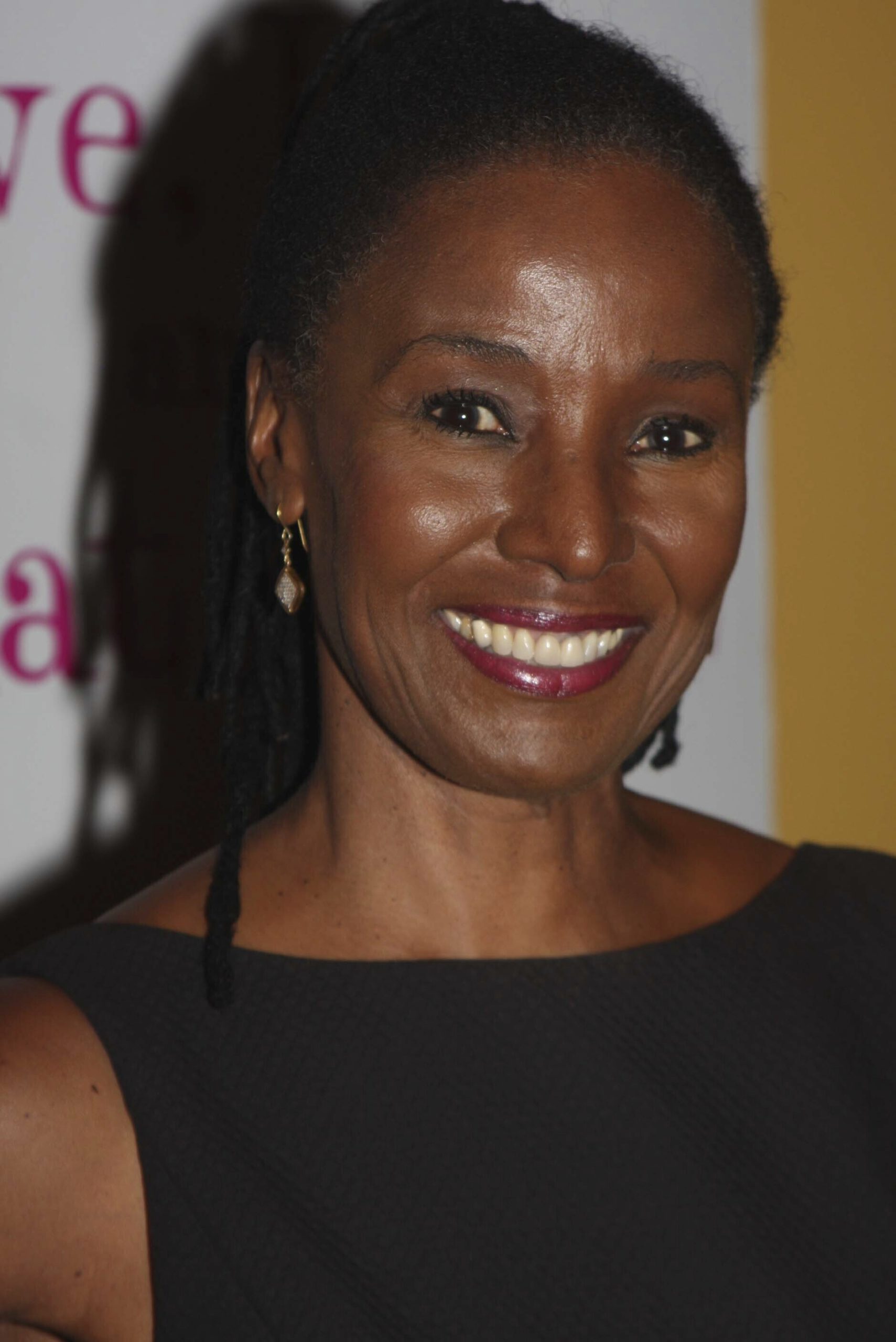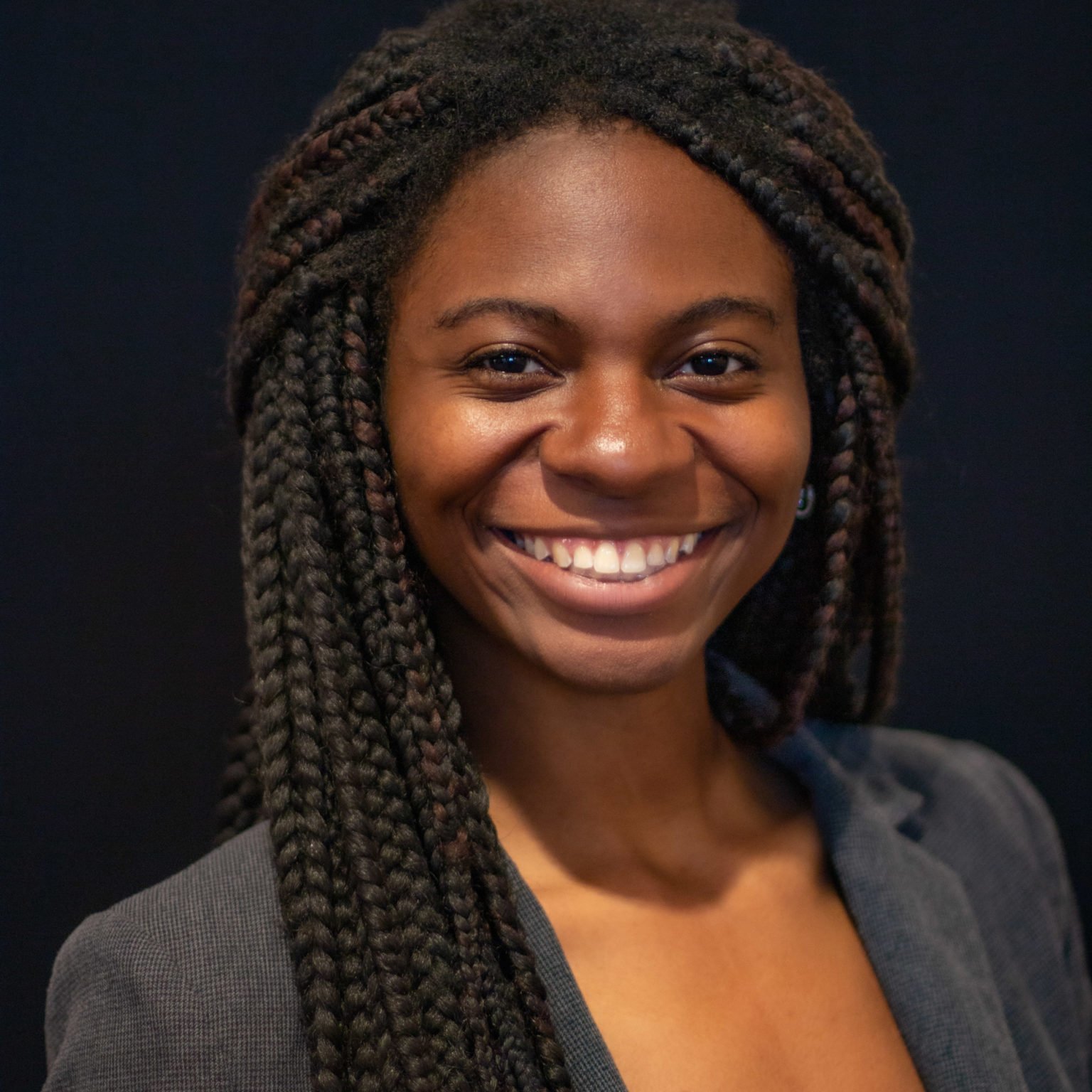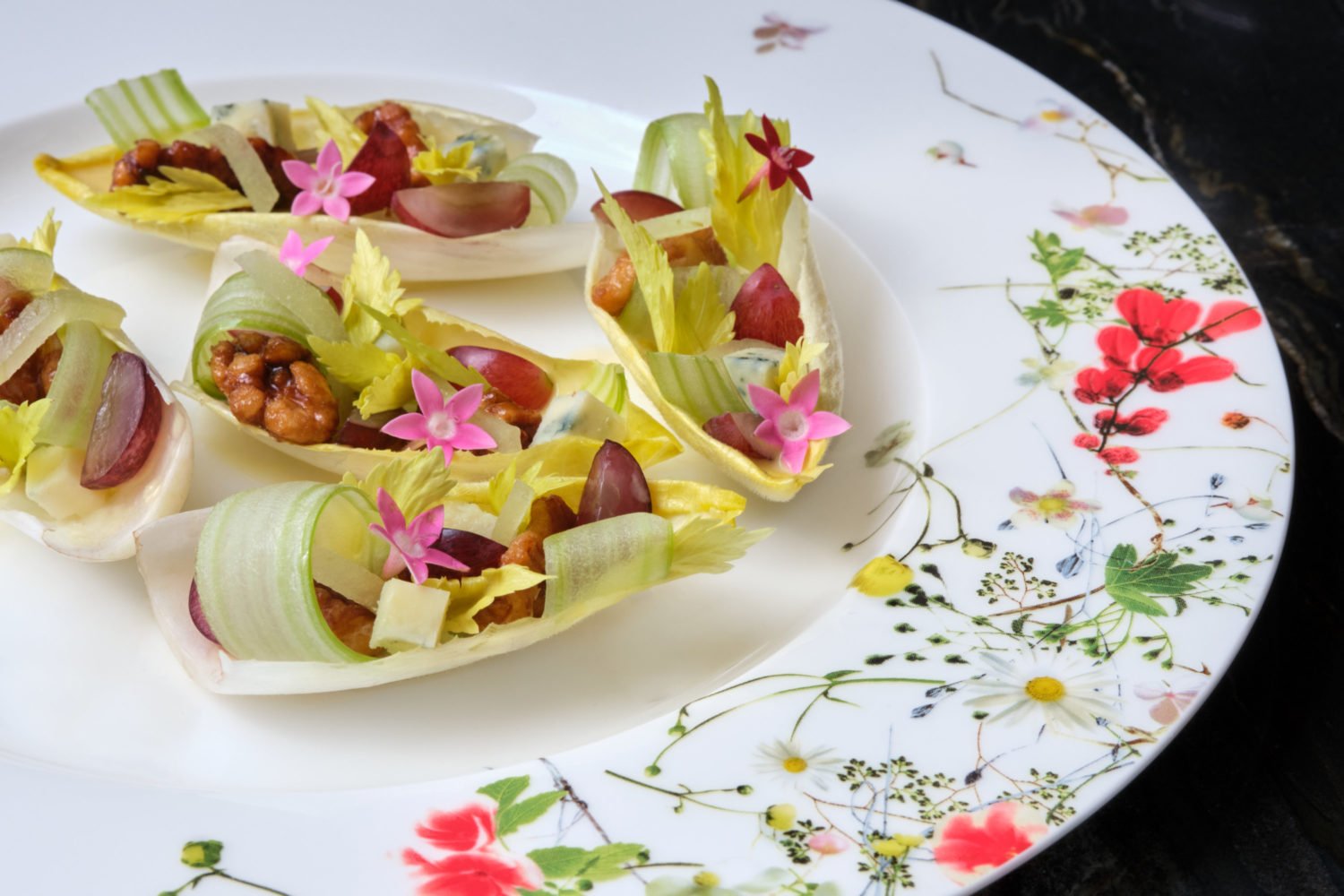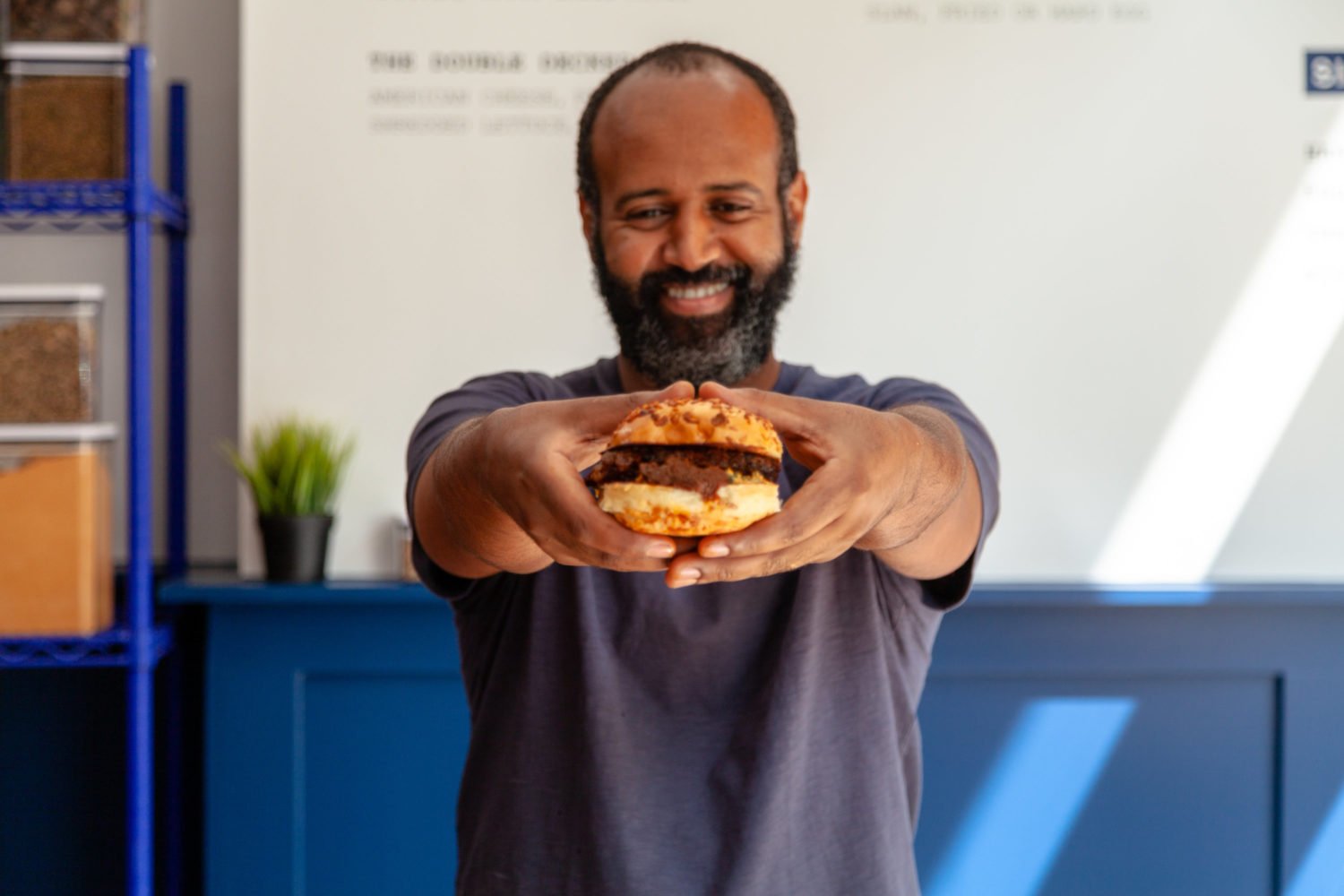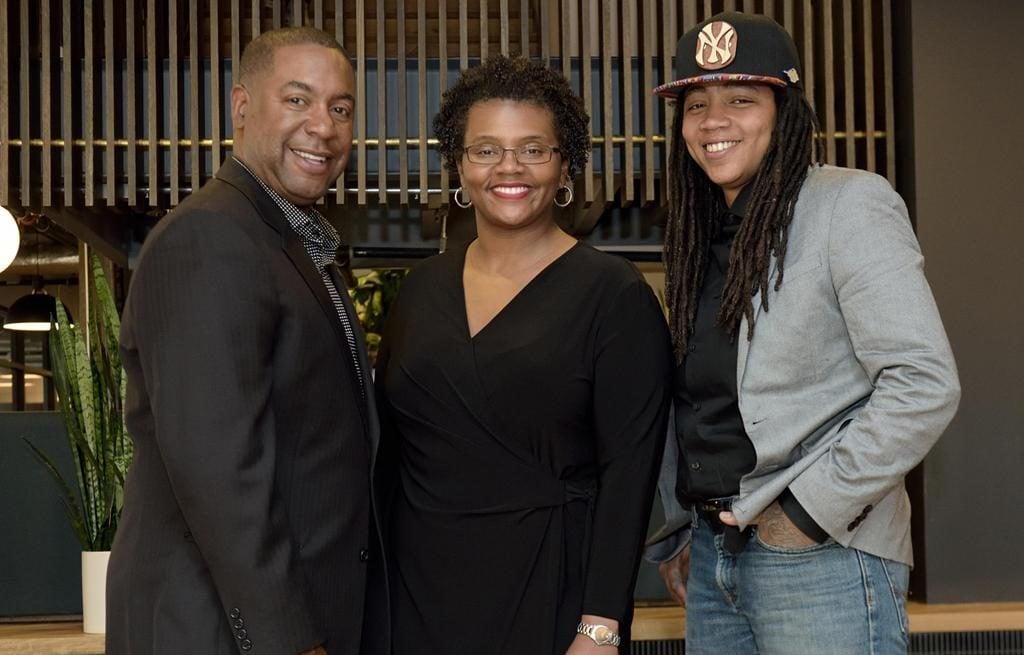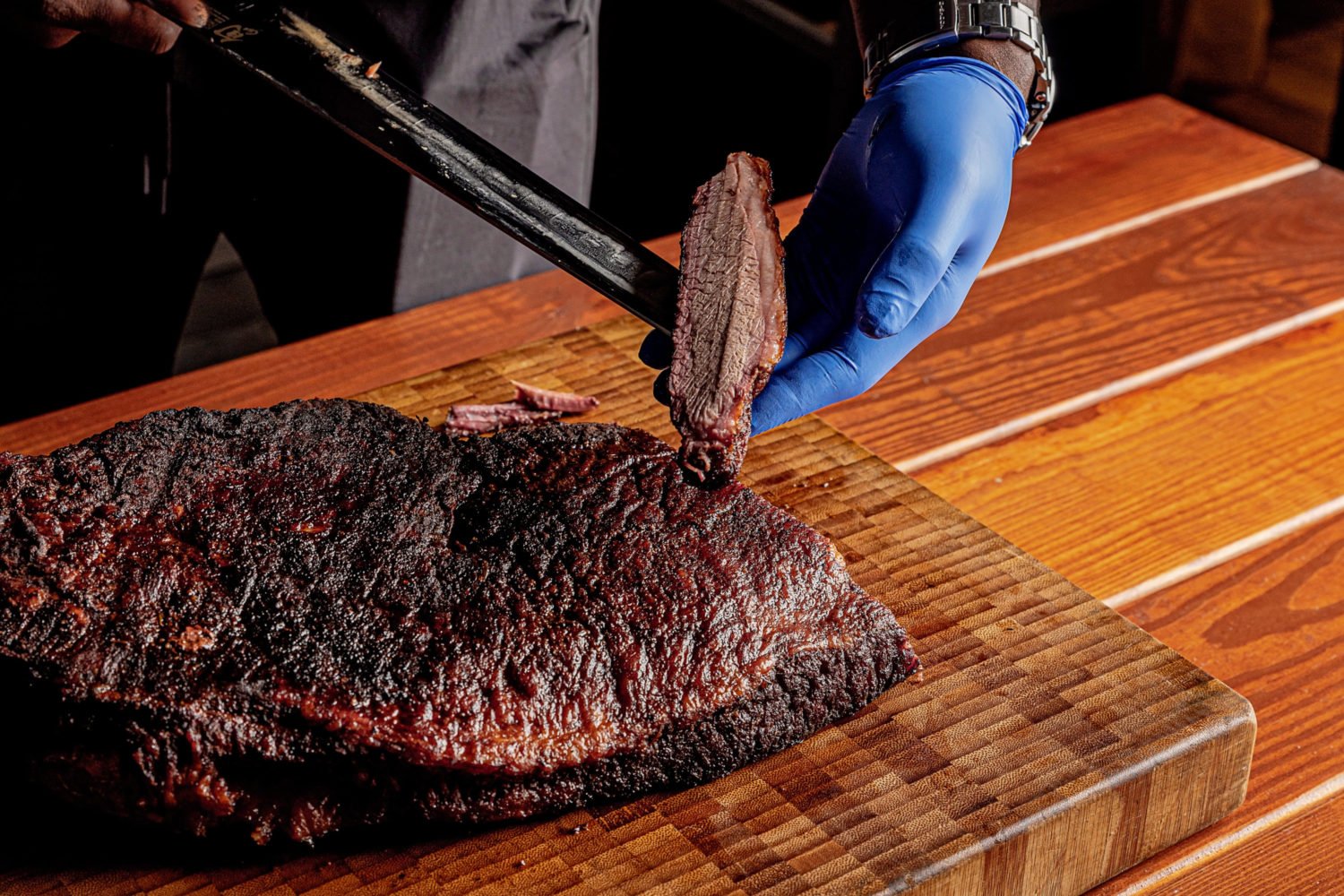Celebrity chef, model, and lifestyle guru Barbara “B.” Smith brought her polished soul food to Washington in 1994 with B. Smith’s—one of the city’s few black-owned fine-dining restaurants. The lauded restaurateur passed away on February 22 at age 70 after a battle with early-onset Alzheimer’s disease, but her impact lives on in Washington, particularly among black chefs and restaurant owners.
At her New York-based restaurant group’s grand Union Station location, which closed in 2013, she gave up-and-coming talents a chance to hone their craft. “B. Smith did more than plenty chefs, restaurateurs, and [other] food people aspire to do today, and she did it in a way that’s truly admirable,” former B. Smith’s executive chef Rahman “Rock” Harper says.
Harper went on to win season three of Gordon Ramsay‘s Hell’s Kitchen and found his own hospitality-and-entertainment venture, RockSolid Creative Food Group. Before that, he spent nearly nine years working at B. Smith’s in myriad roles, including as sous chef and manager. He says Smith and her husband, Dan Gasby, treated him like family.
“We saw each other often and in different spaces outside of work. She was full of grace and class and style,” Harper says. Most of all, he misses what Smith represented. “They believed in me. I had some pretty big failures earlier on in my career, but I can’t think of one time where I thought, ‘Oh, my God, I’m going to get fired.'” Smith, Harper says, valued the importance of having a black chef who “understood the culture enough to put it on a plate.”
Smith’s staff was as diverse as those who dined there. Talents include the restaurant’s first executive chef, Robert Smith, and another, Karida Celestine, who went on to found Sweet Bazil catering. Hugo Vasquez, currently a chef at Sfoglina, started out as a dishwasher at B. Smith’s around 2005. As time went on, he found himself cooking alongside Harper. “They gave me the opportunity to learn in the restaurant how to cook,” Vasquez says. “I will never in my life forget about them, because that’s how I started my career.”
Celestine shared her memories in an Instagram post:
“It was her work, her dedication, her paving the way, her connections, her respect in the many industries that she broke barriers down in, which afforded me these opportunities and allowed me to grow into the chef I am today,” says Celestine.
There wasn’t a dress code for customers at the white tablecloth restaurant, and it wasn’t unusual to spot musicians, politicians, and members of major black organizations in the dining room. Late senator John McCain was known to swing by on Tuesdays, sometimes right before a vote. Former presidents Bill Clinton and George W. Bush hosted fundraising events there. Jazz singer Eartha Kitt visited, as did members of the Congressional Black Caucus.
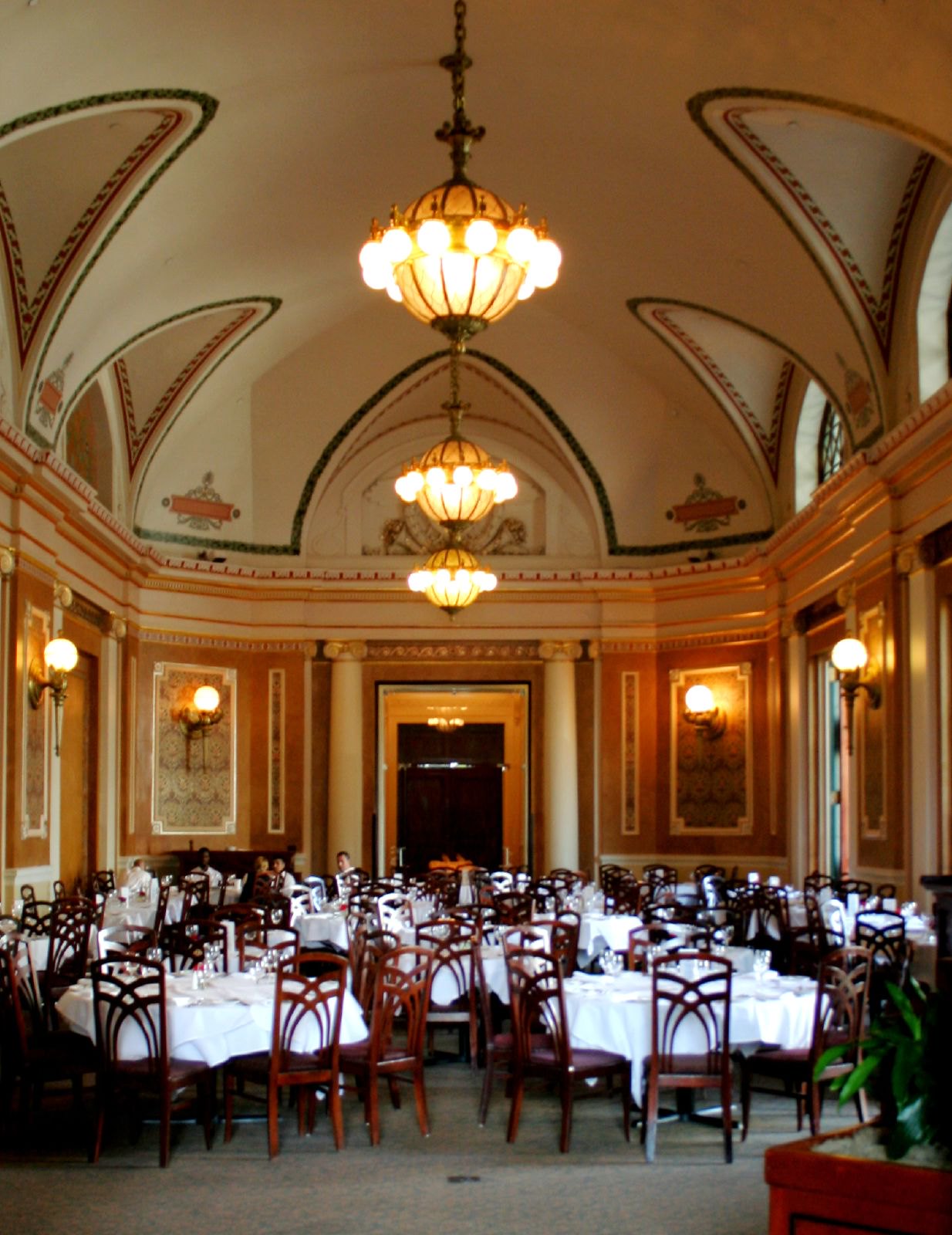
Furard Tate, cofounder of DMV Black Restaurant Week and former owner of DC’s Inspire BBQ, visited B. Smith’s countless times for the crabcakes and collard greens. “It was one of those spaces that you could ask the person sitting next to you at another table . . . ‘Oh, what are you eating? What does that taste like?’ You know what I mean? It wasn’t so stuffy that you were afraid to ask the waiter what was in this,” Tate says.
Smith visited the Union Station restaurant often. “She knew everybody,” Tate says. “Even if you weren’t in the private dining area, she would work the room and engage us.”
It was that kind of environment that inspired him to create his own business. “She had a pride of culture,” Tate says. “[It was a way of] saying, ‘My cultural cuisine matters.’ ”

